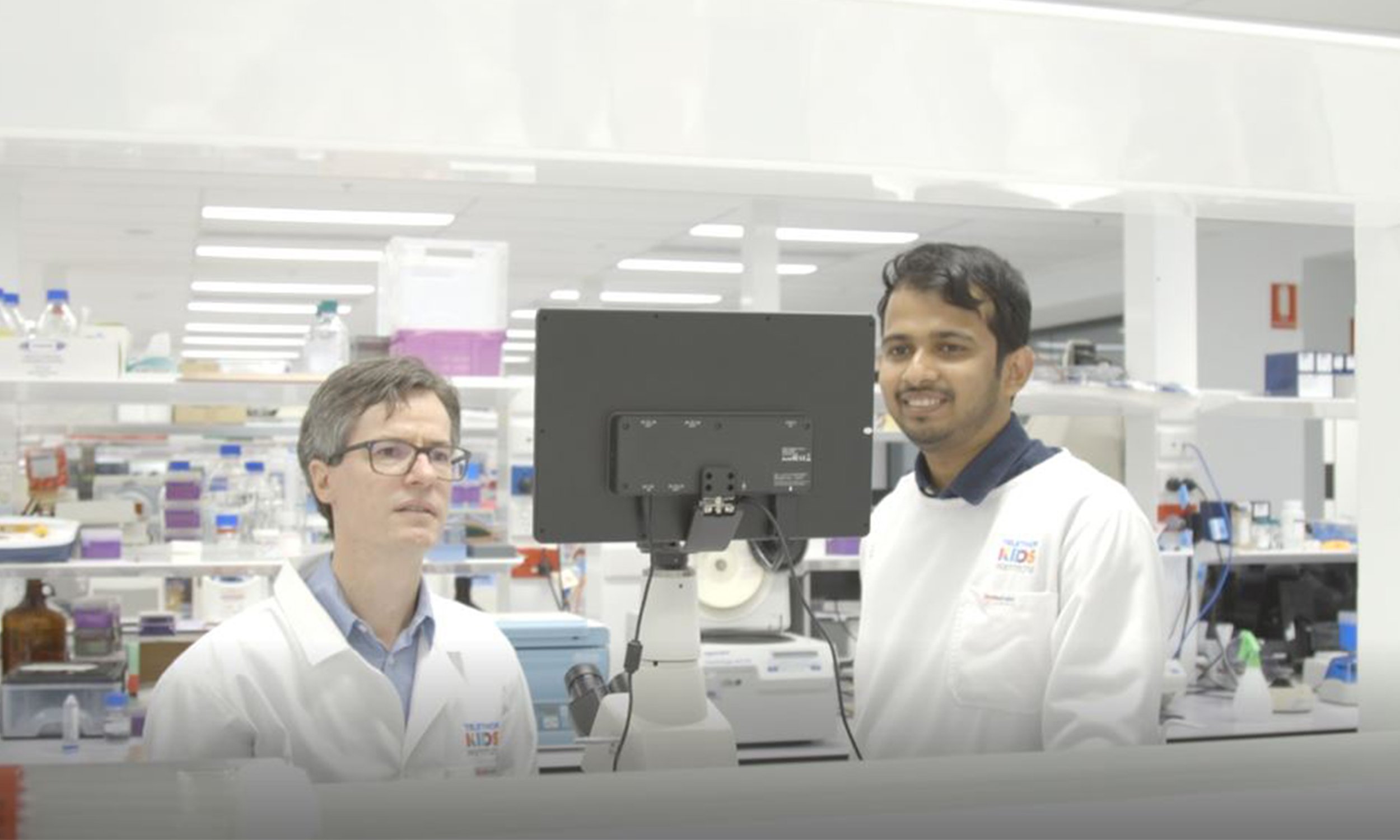Search
Asha Jonathan Bowen Carapetis AM BA MBBS DCH FRACP PhD GAICD FAHMS OAM AM MBBS FRACP FAFPHM PhD FAHMS Head, Healthy Skin and ARF Prevention Executive
Invasive group A streptococcal infection in Australian children is frequently severe and has a high long-term morbidity burden
Acute Rheumatic Fever and Rheumatic Heart Disease is a concise, yet comprehensive, clinical resource highlighting must-know information on rheumatic heart disease and acute rheumatic fever from a global perspective
A vaccine that prevents GAS cellulitis and other skin infections, in addition to throat infections, would maximise its value and commercial viability
This Group A Streptococcus OPKA assay has the potential to provide a robust and reproducible platform to accelerate GAS vaccine development.

In Perth, The Kids Research Institute Australia is spearheading global efforts to tackle this insidious bacterium and reduce its impact on kids’ health.

Vital research aiming to improve the treatment of potentially deadly Group A Streptococcus (Strep A) has been awarded $820,000 in the latest round of National Health and Medicine Research Council’s Ideas Grants.
Rates of acute rheumatic fever, a sequelae of group A Streptococcal (GAS) infection, remain unacceptably high in Indigenous Māori and Pacific children in New Zealand. This prospective study aimed to describe GAS antibody titres in healthy children (5–14 years) by ethnicity, and to determine how paired titres vary with GAS culture positive and negative pharyngitis, and GAS skin infections.
We have produced a protocol for the comprehensive systematic review of the current literature around superficial group A Streptococcal infections in Australia.
Invasive Staphylococcus aureus (iSA) and group A Streptococcus (iGAS) impose significant health burdens globally. Both bacteria commonly cause skin and soft tissue infections (SSTIs), which can result in invasive disease. Understanding of the incidence of iSA and iGAS remains limited in settings with a high SSTI burden.
